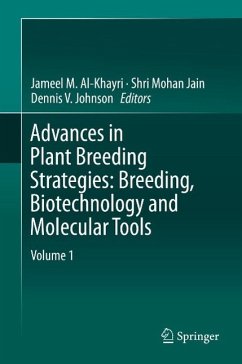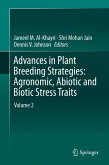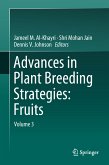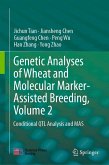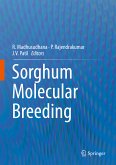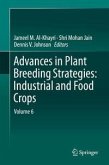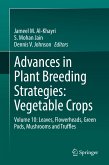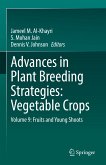Plant breeders and geneticists are under constant pressure to sustain food production by using innovative breeding strategies and introducing minor crops which are well adapted to marginal lands, provide a source of nutrition, and have abiotic and biotic stress tolerance, to feed an ever-increasing human population. The basic concept of this book is to examine the use of innovative methods augmenting traditional plant breeding towards the development of new crop varieties under different environmental conditions to achieve sustainable food production. The book consists of two volumes. This is volume 1 which comprises 21 chapters separated into four parts: Part I, Genetic Resource Utilization and Conservation; Part II, Breeding Strategies; Part III, In Vitro Culture and Transgenic Approaches; and Part IV, Molecular Breeding. Topics covered include plant domestication and germplasm utilization, conventional breeding techniques and the role of biotechnology. In addition to various biotechnological applications in plant breeding, it includes functional genomics, mutations and methods of detection, and molecular markers. In vitro techniques and their applications in plant breeding are discussed with an emphasis on embryo rescue, somatic cell hybridization and somaclonal variation. Other chapters cover haploid breeding, transgenics, cryogenics and bioinformatics. The book is a valuable resource for students, researchers, scientists, commercial producers and seed companies as well as consultants and policymakers interested in agriculture, particularly in modern breeding technologies.
Dieser Download kann aus rechtlichen Gründen nur mit Rechnungsadresse in A, B, BG, CY, CZ, D, DK, EW, E, FIN, F, GR, HR, H, IRL, I, LT, L, LR, M, NL, PL, P, R, S, SLO, SK ausgeliefert werden.

